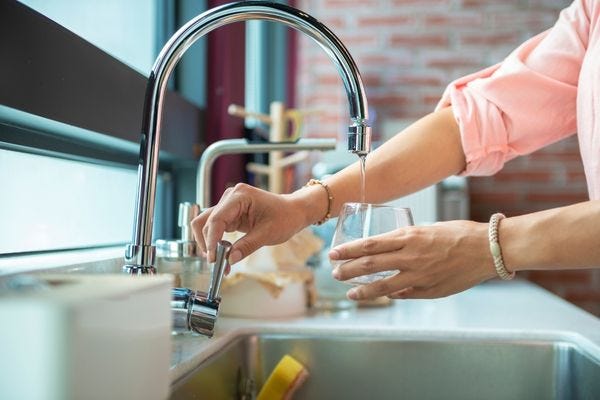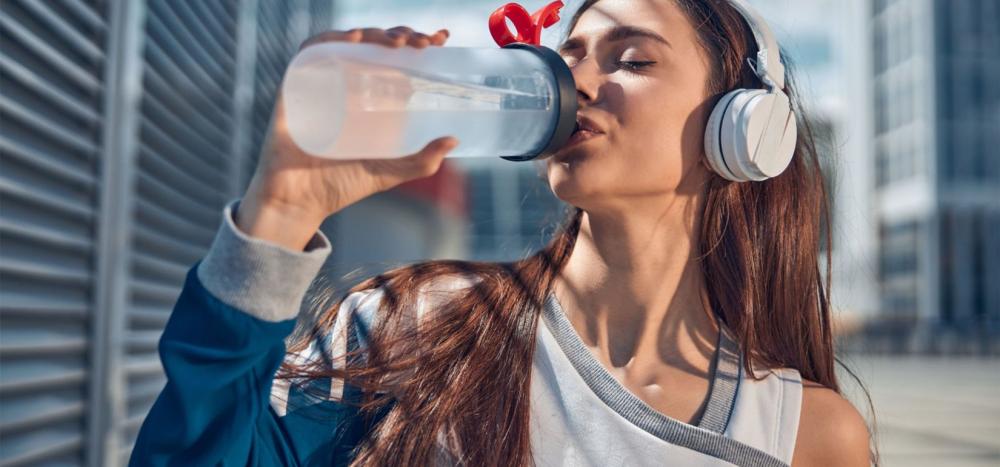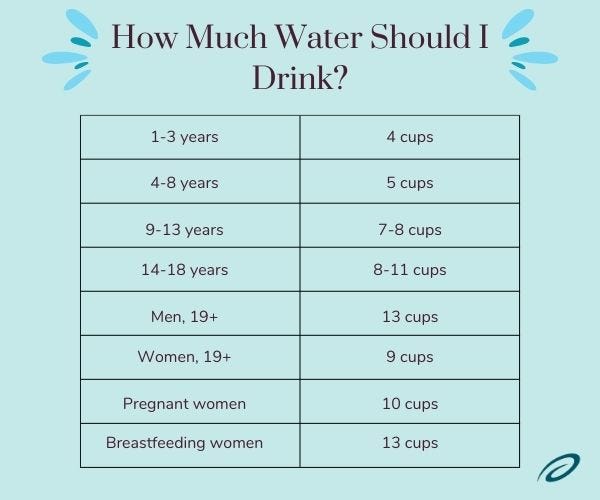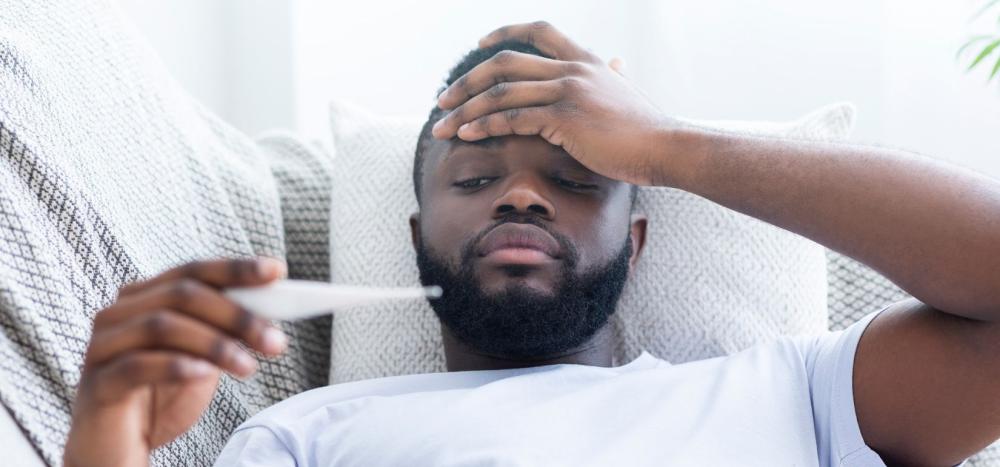It’s important to drink water. This is something you’ve probably heard a million times in your life from your doctor, your family members, or health experts.
And while you know you should hydrate, you may not know how much water you should be drinking, or what can happen to your urinary system if you don’t.
Being dehydrated can cause urinary tract infections (UTIs) and make bladder issues worse, so read this article to find out how much water you should be drinking to prevent these urinary problems.
What Is a UTI?
A UTI is an infection of a part of your urinary system, including the uterus, bladder, kidneys, and urethra. UTIs most commonly occur in the urethra and bladder.
Symptoms of UTI include:
- Strong urge to pee.
- Burning sensation when urinating.
- Needing to pee often, possibly only voiding a bit of urine at a time.
- Cloudy urine.
- Strong-smelling urine.
- Pelvic pain.
Causes of UTIs: UTIs are caused by bacteria that enter your urinary system through your urethra. Most UTIs are an infection of the urethra and bladder, but the bacteria can also move into your kidneys, causing a kidney infection known as cystitis.
Does Dehydration Cause UTIs?
Check Your Eligibility
2 Easy Steps
Discover the continence care essentials available through your Medicaid plan.
It can. Not drinking enough water can do 2 things to your urinary system:
- Reduce the number of times you empty your bladder. While this may sound like a good thing if you have urinary incontinence, it’s not! Drinking less water and peeing less leads to concentrated urine staying in your bladder for longer periods. This creates a greater opportunity for bacteria to embed and proliferate within the lining of your bladder, leading to UTIs or bladder infections.
- Worsen bladder issues. Urinary incontinence (UI) is the involuntary loss of urine. There are different types of UI, such as stress incontinence and urge incontinence. Symptoms include leaking urine, feeling the intense, sudden urge to urinate, and peeing more than 8 times in a a day. If you’re dehydrated, it can worsen these symptoms and even make you feel like you have a UTI when you actually don’t.
Who Is At Risk for Dehydration?
- Those in extreme heat weather without little to no access to water.
- Children
- Endurance athletes.
- Older adults, especially older adults that have an illness that causes vomiting or diarrhea.
- Those who are ill experiencing vomiting, diarrhea, or uncontrolled fever.
- People who do not have a sense of thirst.


- People who drink excessive amounts of alcohol without eating or drinking.
How to Know If You're Dehydrated
You'll experience symptoms of dehydration, such as:
- Feeling lightheaded or dizzy.
- Dry mouth.
- Fatigue
- Dark, cloudy, or fowl-smelling urine.
- Urinating less than usual.
How Much Water Should I Drink?
There are recommended daily amounts for water intake, but the amount you should drink is dependent upon your unique needs. A good way to gauge how much water you should drink is your level of thirst and how often you’re urinating.
- 1-3 years: 4 cups.
- 4-8 years: 5 cups.
- 9-13 years: 7-8 cups.
- 14-18 years: 8-11 cups.
- Men, 19 and older: 13 cups.
- Women, 19 and older: 9 cups.
- Pregnant women: 10 cups.
- Breastfeeding women: 13 cups.


What Should I Do If I Have a UTI?
The first thing to do if you’re experiencing a UTI is to speak with your healthcare provider. They will likely test your urine and confirm your symptoms are from an infection and not an underlying condition, such as UI. Your provider may also give you antibiotics to clear the infection. With antibiotic treatment, a UTI can clear up within a few days. Without treatment, a UTI can take several days to clear up and possibly result in more complications if left untreated.
If you’re experiencing symptoms of UI, you should:
- Recognize that the urges to urinate aren't actually occurring because your bladder is full— it’s a false urge.
- Use a heating pad or hot water bottle over your lower bladder as needed.
- Take a warm bath or shower.
- Take over-the-counter medications, such as Azo, for urinary pain relief.
- Use distraction as your friend; Go for a walk, try breathing exercises, listen to music, or watch a movie.
- Drink plenty of water!
If your urinary symptoms are caused by UI, your healthcare provider may recommend you see a urologist to determine which type of incontinence you are experiencing and provide treatments for your condition.
Harvard School of Public Health. (2019, September 24). Water. The Nutrition Source. https://www.hsph.harvard.edu/nutritionsource/water
Information provided on the Aeroflow Urology blog is not intended as a substitute to medical advice or care from a healthcare professional. Aeroflow recommends consulting your healthcare provider if you are experiencing medical issues relating to continence care.












